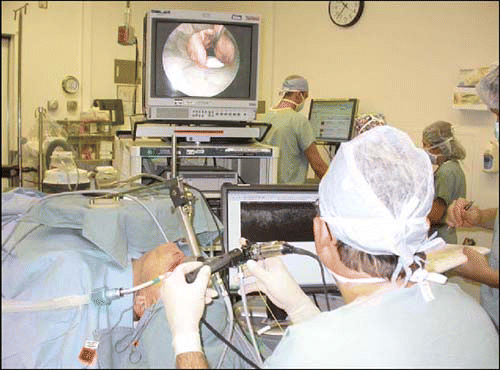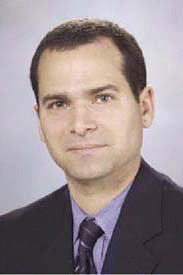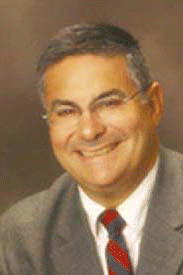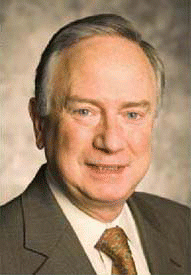Optical coherence tomography (OCT) provides a method to view tissues at the micron level, and for the delicate tissues of the vocal folds, this procedure offers much of the cellular information of a biopsy without the associated morbidity.




People of different political persuasions generally agree that the health care system in the United States is in deep trouble, but there is no consensus on how to fix it.

If at first you don’t succeed, try, try again.


A new study from Dartmouth Medical School documents “staggering variations in how hospitals care for chronically ill elderly patients.” The study points to problems with quality and faults Medicare for unnecessary spending.
Percutaneous dilation tracheotomy (PDT) is becoming an accepted and increasingly popular alternative to surgical, or open, tracheotomy, particularly in the treatment of critically ill patients requiring prolonged intubation and mechanical ventilation.

After a hiatus associated with a checkered past, gene therapy is again showing promise in several fields of medicine, and otolaryngology is no exception.

Recurrent respiratory papillomatosis (RRP) begins with a pretty small virus, relatively speaking, but it can lead to some pretty big problems for both the patient and the treating physician.

Drop-in retail clinics staffed by nurse practitioners or physician’s assistants may represent a fundamental and permanent change in how patients receive minor primary care in this country, providing affordable care and convenience-but do they serve the long-term health interests of otolaryngology patients and the doctors who treat them?
